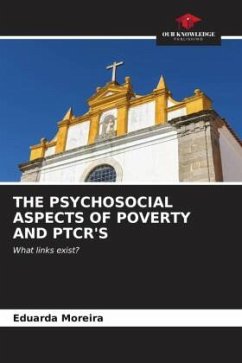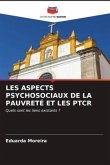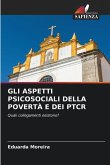This book sets out to identify the possible links between the psychosocial dimensions of poverty and the main Conditional Cash Transfer Programmes (CCTPs) in Latin America. The main idea stems from the idea that poverty should not be understood and measured solely from a monetary perspective, but is in fact a complex phenomenon that involves the feelings, experiences and perceptions of poor people. In this way, poverty takes on a subjective aspect that involves psychosocial dimensions, such as autonomy, empowerment, social exclusion, feelings of shame and humiliation, among others. Methodologically, this paper carries out a bibliographical review, searching the literature for concepts and theoretical discussions related to the subjective dimensions of poverty and its psychosocial aspects. Starting from the initial conceptualisations, it analyses Conditional Cash Transfer programmes implemented in Latin America, with the aim of finding evidence of attention to the psychosocial aspects of poverty or its effects on less tangible dimensions (such as autonomy, empowerment, etc.).








